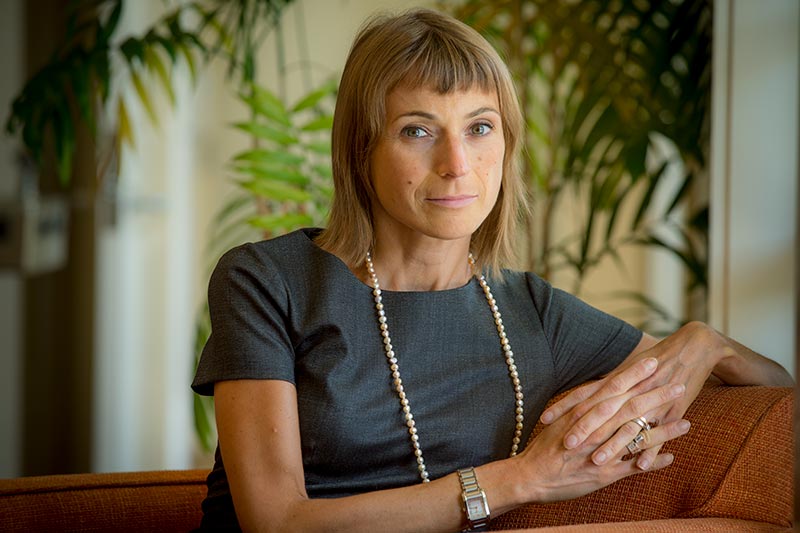CPS director receives kidney transplant
Paula Burch-Celentano
Agnieszka Nance, executive director of the Center for Public Service, received a kidney transplant on March 21.
Agnieszka Nance, executive director of the Center for Public Service, breathed a sigh of relief on March 21, the day her search for a new kidney ended.
Two years ago, Nance noticed a strange skin rash and thought it was an allergic reaction. After visiting her doctor, she was diagnosed with kidney disease and began intense dialysis treatment three times a week.
Nance would attend a clinic for five or six hours at a time, traveling directly from work to the treatment center. Though the method was difficult and draining, Nance understood the importance of sticking to the routine.
“It’s … mentally really hard because you’re … bound to a chair for five hours,” Nance said. “The world around you is moving, and you’re stuck in one place, but it keeps you alive.”
Despite undergoing intense dialysis treatment for the last two years, Nance continued working at Tulane and teaching fitness classes at Franco’s Athletic Club on Magazine Street. She views exercise as an important component of her positive attitude and finds time to participate in fitness instruction.
“I really appreciate what fitness does to people and how important it is not just to your physical health, but also your mental health,” Nance said.
Nance sought out three other unsuccessful options for a transplant before a friend from her gym stepped forward. Now that the procedure is over, she is waiting for her recuperation to end, so she can return to work.
The recovering administrator said she is thankful to her friends and family and wants to share her message of overcoming both personal and professional roadblocks with those around her.
“… People need to think that they’re not alone, that there are so many different ways of getting support and there’s nothing embarrassing about being disabled … or being depressed,” Nance said. “It’s just realizing it’s the first step and then getting help.”
Your donation will support the student journalists of Tulane University. Your contribution will allow us to purchase equipment and cover our annual website hosting costs.



Leave a Comment